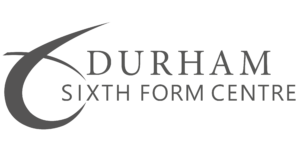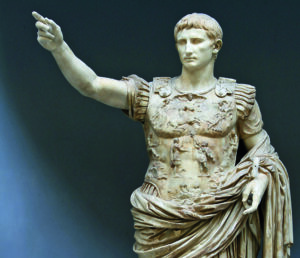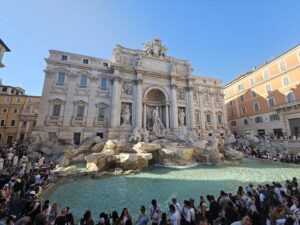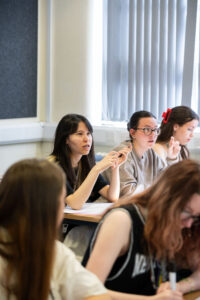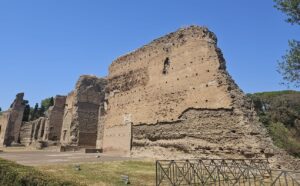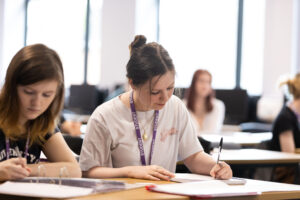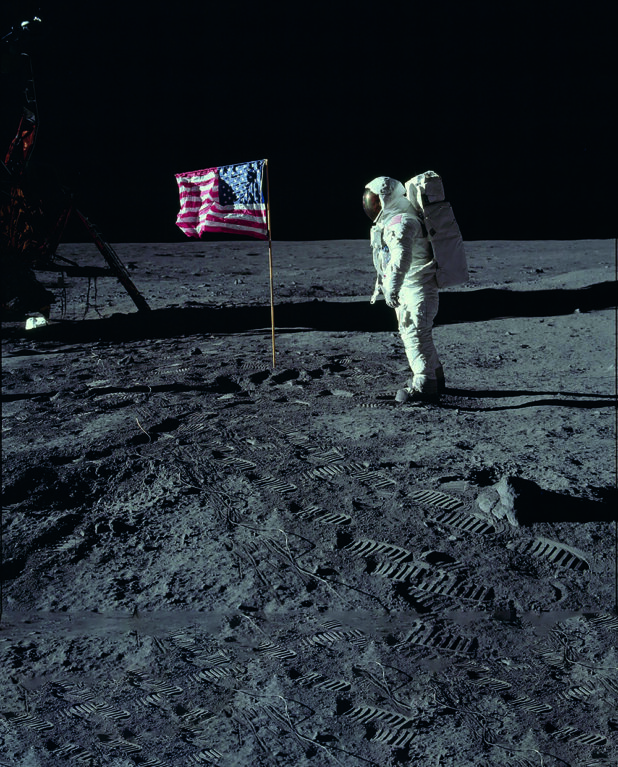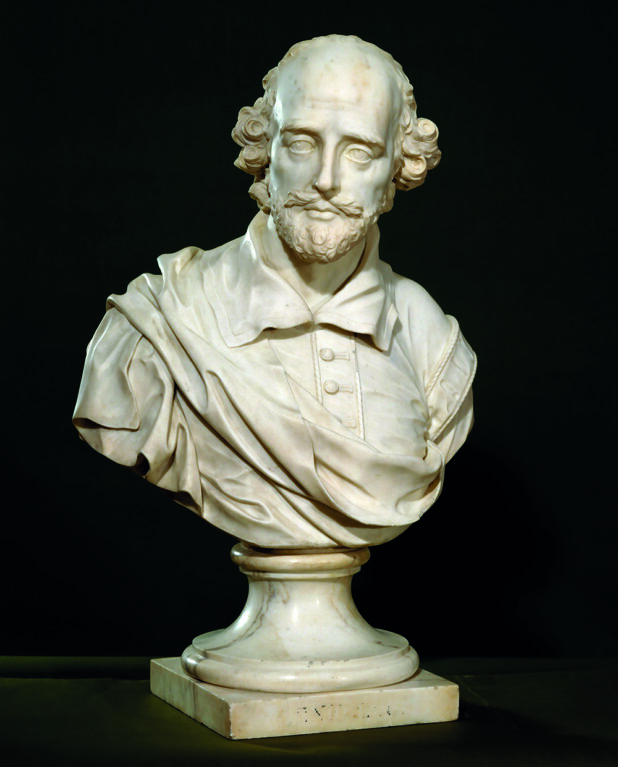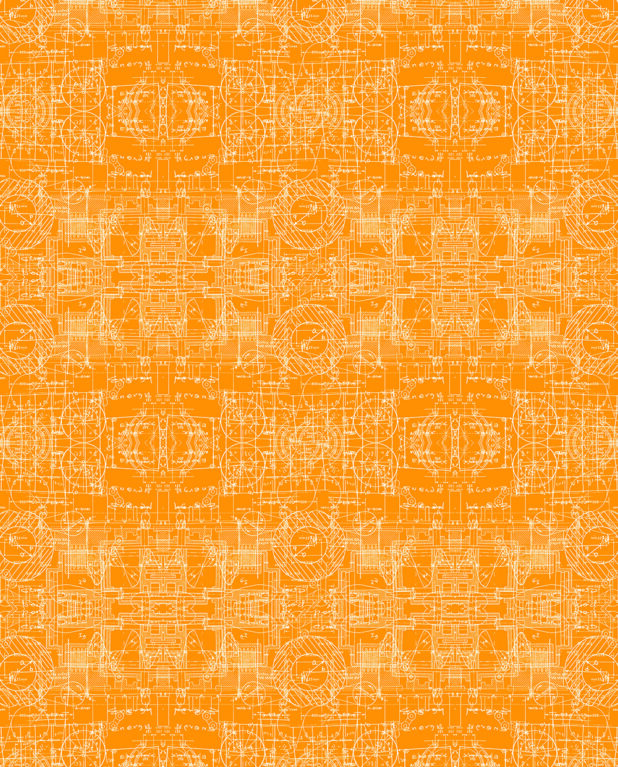The course includes political history in Augustus’ creation of the Roman Empire; social history in changing attitudes to love, desire and the status of women in Greece and Rome; Epic poems drawing on mythology by Homer and Virgil, and Ovid’s cheeky love poetry; statues, buildings and coins as historical sources; Plato and Seneca as philosophers commenting on their world and offering ideas still applicable today. Classics has world-changing history, mind-blowing art, and literature which has and will endure for millennia; each generation finds new elements in these timeless masterpieces.
Teaching and Learning Methods
The course is based around sources both written and visual and requires time spent engaging with ideas and arguing through rival interpretations. The skills developed in evaluating arguments, presenting coherent cases, and separating objectively true facts from subjective interpretations are always valuable. The department offers voluntary classes in Latin and optional visits to Rome to see the sites, statues and images studied. Durham University academics make annual visits to provide academic discussions.
Assessment
The course is examined by written examinations at the end of the course. There are three of these:
- 40% (2hr20m) on Epic (Homer and Virgil)
- 30% (1hr45m) on the Roman Empire and Augustus
- 30% (1hr45m) on Social History and Philosophy (Love, Women and Philosophy).
These consist of a wide range of questions and question styles to suit all learners.
Skills and Careers Insight
A Level Classical Civilisation develops critical thinking, analytical skills, and a deep understanding of history, literature, and culture. You'll explore ancient societies, philosophy, and mythology, enhancing your ability to interpret complex texts and construct persuasive arguments. These skills are highly valued in careers such as law, journalism, archaeology, teaching, museum curation, and even politics. Whether you aspire to work in academia, media, heritage, or creative industries, this subject provides a strong foundation in research, communication, and cultural awareness—essential for a wide range of career paths.
Labour Market Information
Student Testimonials
What do our students think about studying here?
